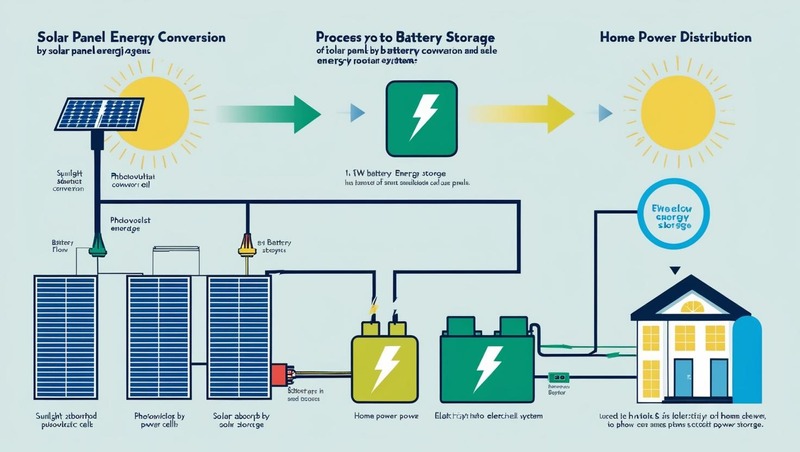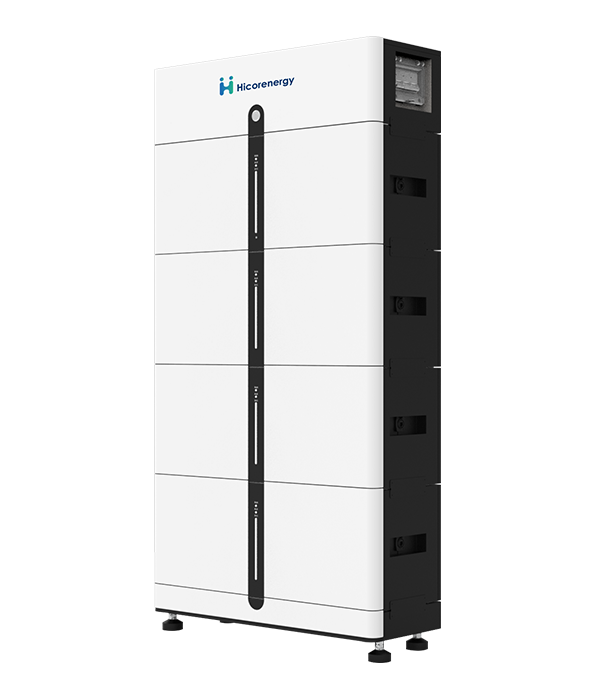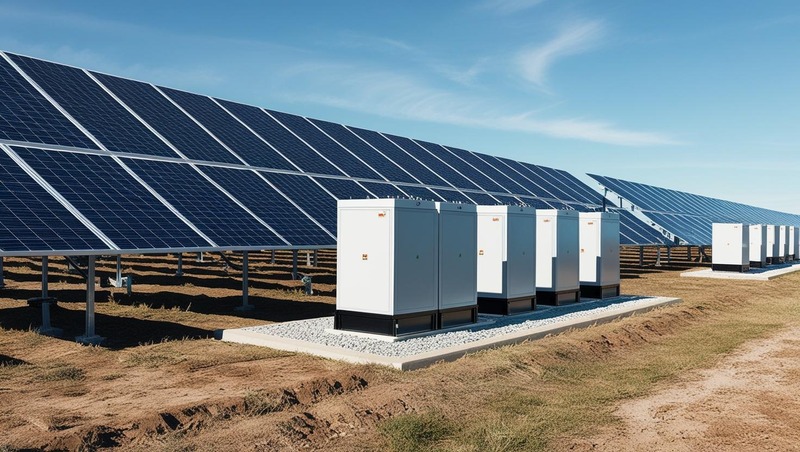Homeowners are constantly looking for ways to lower electric power bills and reduce their dependence on traditional energy sources. In 2025, Residential Lithium-Ion Battery Storagehave emerged as a powerful solution—delivering clean energy, reliable battery backup, and long-term energy savings. But how exactly do these systems work, and which options provide the best return on investment?
Residential Lithium-Ion Battery Storage lets homeowners store clean energy, reduce utility bills, and enjoy backup power during outages.
When combined with solar panels, Residential Lithium-Ion Battery Storage enable homes to capture renewable energy during the day and use it at night. This maximizes energy conservation, minimizes electric power waste, and provides consistent access to green power even during grid failures.
These systems are transforming home energy use—read on to discover how much you can save and which battery pack is best for you.
What Is Residential Lithium-Ion Battery Storage and How Does It Work?
Residential lithium-ion battery storage systems store excess electric power from solar panels or the grid. These batteries use high-efficiency lithium-ion cells to retain energy during low-use periods and discharge it when demand spikes or outages occur. The battery pack connects to a home energy management system, allowing smart control and maximum energy saving.
Unlike traditional lead-acid batteries, Residential Lithium-Ion Battery Storage delivers higher energy density, faster charging, and a longer lifecycle. Homeowners can store new energy from clean sources like solar and wind, creating a more sustainable and efficient household energy model. These systems ensure power saving and reduce reliance on grid electricity.

Top Reasons to Use Residential Lithium-Ion Battery Storage in 2025
Residential Lithium-Ion Battery Storage offers numerous benefits to homeowners in 2025:
- Clean Energy Storage: Capture and reuse solar or other green energy, reducing carbon footprint.
- Battery Backup Protection: Maintain electric power during outages or blackouts.
- High Efficiency: Lithium-ion technology delivers 90%+ round-trip efficiency, conserving more usable energy.
- Energy Saving: Use stored power during peak pricing hours to save on utility bills.
- Space-Saving Design: Compact battery packs are easy to install indoors or outdoors.
- Long Lifespan: These systems often last 10–15 years with minimal maintenance.
- Smart Monitoring: Control battery usage through mobile apps for optimal power saving and energy conservation.
With rising electricity costs and increased climate awareness, homeowners are switching to lithium-ion storage for reliable, green energy performance.
How Much Can You Save with Residential Lithium-Ion Battery Storage?
The potential savings from installing a home battery backup system vary based on energy usage and local electricity rates. On average, households can reduce electric bills by 30–60% annually, especially when paired with solar.
For example:
- A home using solar and a lithium-ion battery may save $800–$1,500/year.
- Using stored energy during peak hours can cut time-of-use charges.
- In areas with net metering, selling excess clean energy back to the grid offers additional income.
- Reduced reliance on the grid means less exposure to rate hikes.
Over a 10-year period, these savings easily offset the battery system’s upfront cost—making it a smart energy-saving investment.
Best Residential Lithium-Ion Battery Storage Systems in 2025
One of the top residential battery solutions in 2025 is the Si LV1 lithium-ion battery from Hicorenergy. Designed for efficiency, safety, and user-friendly operation, the Si LV1 is engineered to cut energy costs while boosting home energy resilience.
Why choose Hicorenergy’s Si LV1 battery?
- Easy Installation: Wall-mounted or floor-standing options for flexible setup.
- Seamless Compatibility: Works with most home solar systems and inverters.
- Smart Monitoring: Built-in software lets you track energy usage and optimize for power saving.
- Reliable Battery Backup: Maintains electric power during outages.
- Energy Saving: Designed to reduce peak electricity usage and utility bills.
- Green Energy Ready: Optimized for renewable energy inputs like solar and wind.
- Scalable Design: Easily expand with more battery packs to meet growing energy demands.
The Si LV1’s compact size, quiet operation, and robust lithium-ion chemistry make it ideal for homeowners looking to adopt clean energy with confidence. For performance, price, and peace of mind—it’s a highly recommended battery pack in 2025.

What to Consider Before Installing a Residential Lithium-Ion Battery Storage
Before you invest in a lithium-ion residential energy storage system, consider these key factors:
- Capacity Needs: Choose a battery size that matches your household’s daily energy usage.
- Solar Compatibility: Ensure your battery backup integrates with your solar system and inverter.
- Budget & ROI: Assess long-term energy savings vs. installation cost. Look for incentives or rebates.
- Safety Certifications: Look for UL or IEC-certified battery packs for safe operation.
- Battery Lifespan: Quality lithium-ion batteries last 10+ years—verify warranty and cycle rating.
- Smart Features: Consider systems with app-based monitoring, load shifting, or time-of-use optimization.
- Installer Experience: Work with certified professionals who specialize in battery storage systems.
- Location: Indoor vs outdoor installation may affect the system you choose.
Choosing the right setup ensures you get the full benefit of green power, energy saving, and electric power reliability.
Conclusion
Residential battery storage is the key to energy independence and cost savings in 2025.
Contact us today to find the ideal Residential Lithium-Ion Battery Storage for your home.



